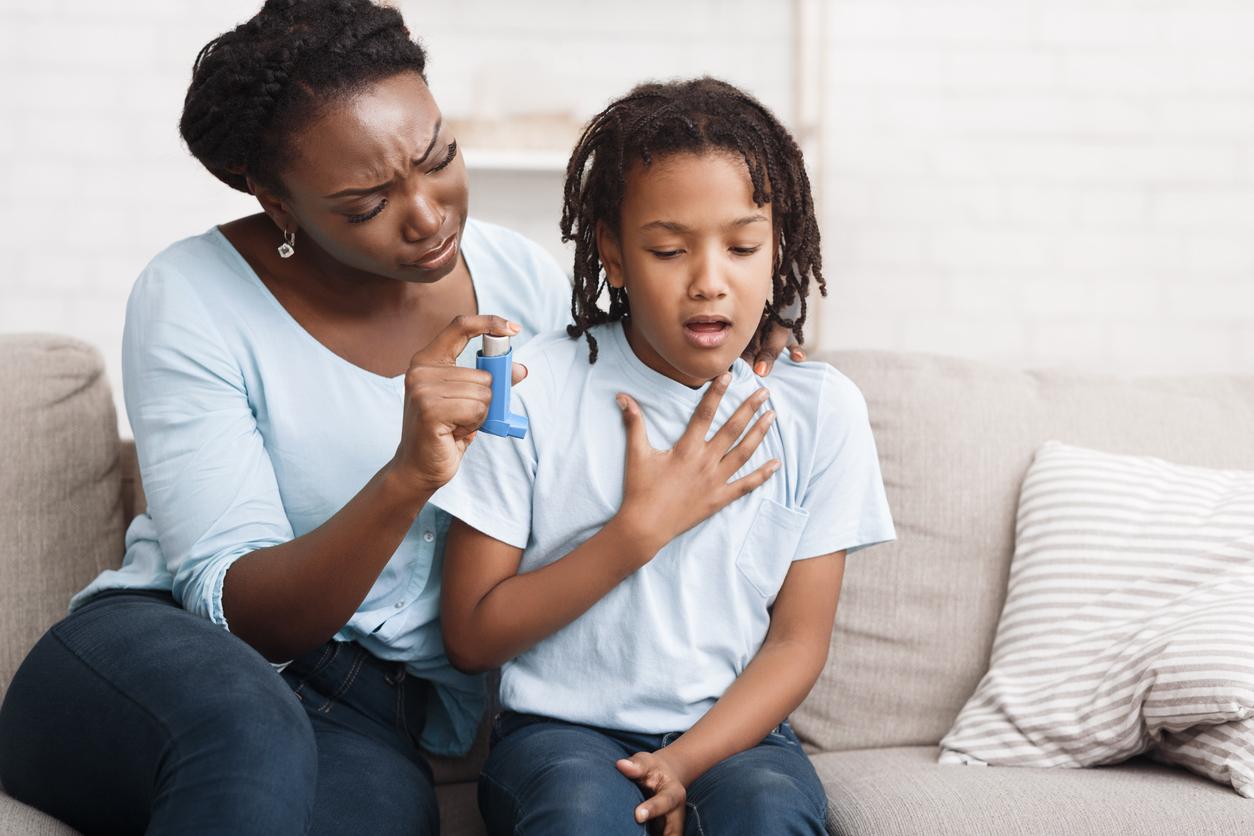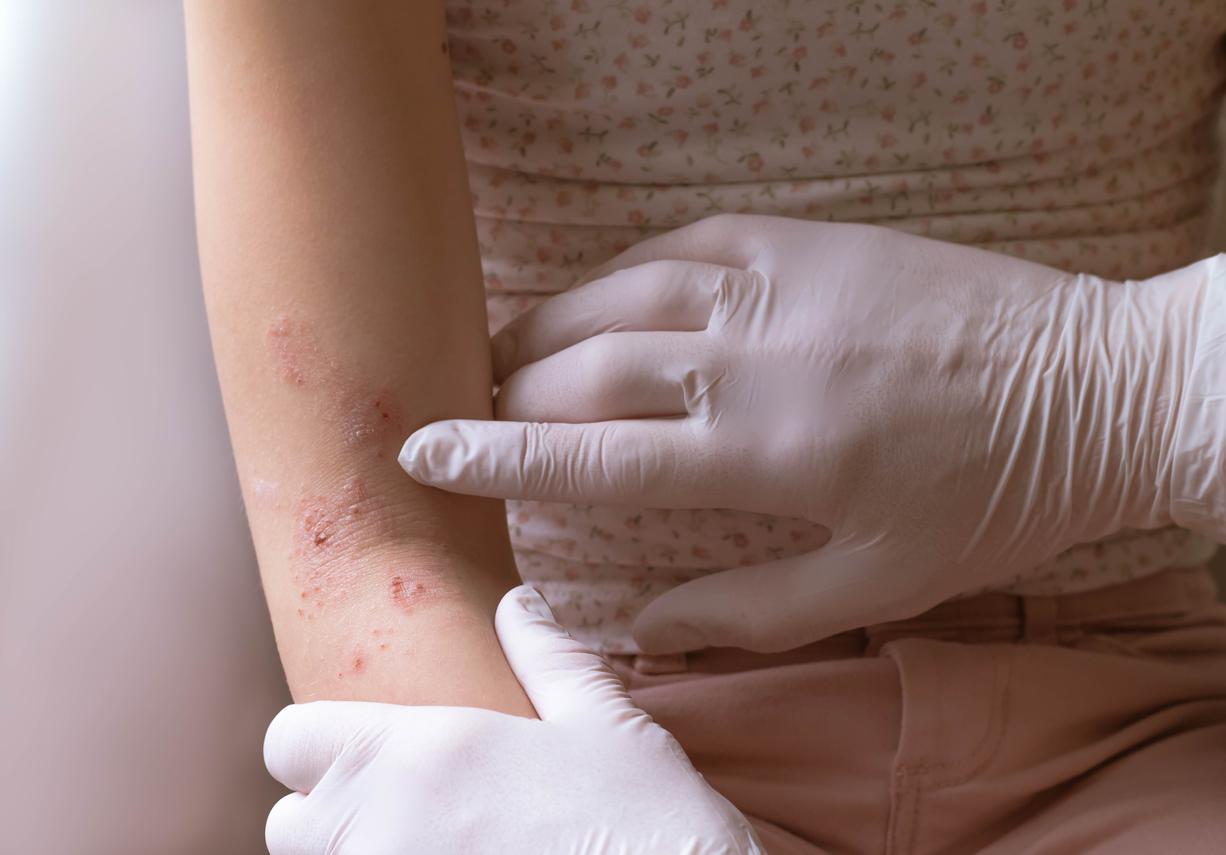Children with asthma whose parents have high stress levels have more symptoms like wheezing, according to a new Australian study.

- Australian research shows link between parental stress and exacerbation of asthma symptoms in children.
- Children of stressed parents were 77% more likely to suffer from wheezing.
- For scientists, psychosocial stress factors must also be taken into account when treating young people with asthma.
Parental stress is bad for children’s asthma. Little asthmatics have more symptoms if their parents are stressed, according to a new study from the University of Queensland (UQ).
Asthma: parental stress worsens children’s symptoms
Researchers analyzed medical data from more than 3,900 children collected over a period of 14 years. Among other things, they examined the relationship between psychosocial factors (maternal depression, financial difficulties, stressful life events and parental availability) and the appearance of wheezing as a symptom of asthma.
The results showed that children whose parents experienced moderate to increasing levels of stress were 77% more likely to experience wheezing attacks compared to those with low-anxiety parents. Additionally, pups exposed to moderate levels of maternal depression had a 55% higher likelihood of wheezing, while those of which parents facing moderate financial difficulties had a 40% increased risk.
“While previous research has shown that general parental stress can trigger their child’s asthma, this is the first time we have linked a parent’s depression and financial stress to an increase in asthma symptoms while throughout childhood”explains Dr. Shahunja du Poche Center for Indigenous Health of the’UQ in a communicated.

Asthma: lPsychosocial factors must be taken into account
“People are generally aware that environmental factors such as smoking, traffic pollution and allergens can trigger asthma symptoms, but may not realize that psychosocial stressors can also have a harmful effect”explains Dr. Shahunja.
For him, his work, published in the journal Pediatric Pulmonology, show that it is essential that parents and health professionals take into consideration the influence of the psychosocial environment on children with asthma during their follow-up and treatment.
“More research is needed to develop effective strategies to combat maternal depression, financial difficulties and parental stress for long-term asthma control in children“, adds the expert.
















